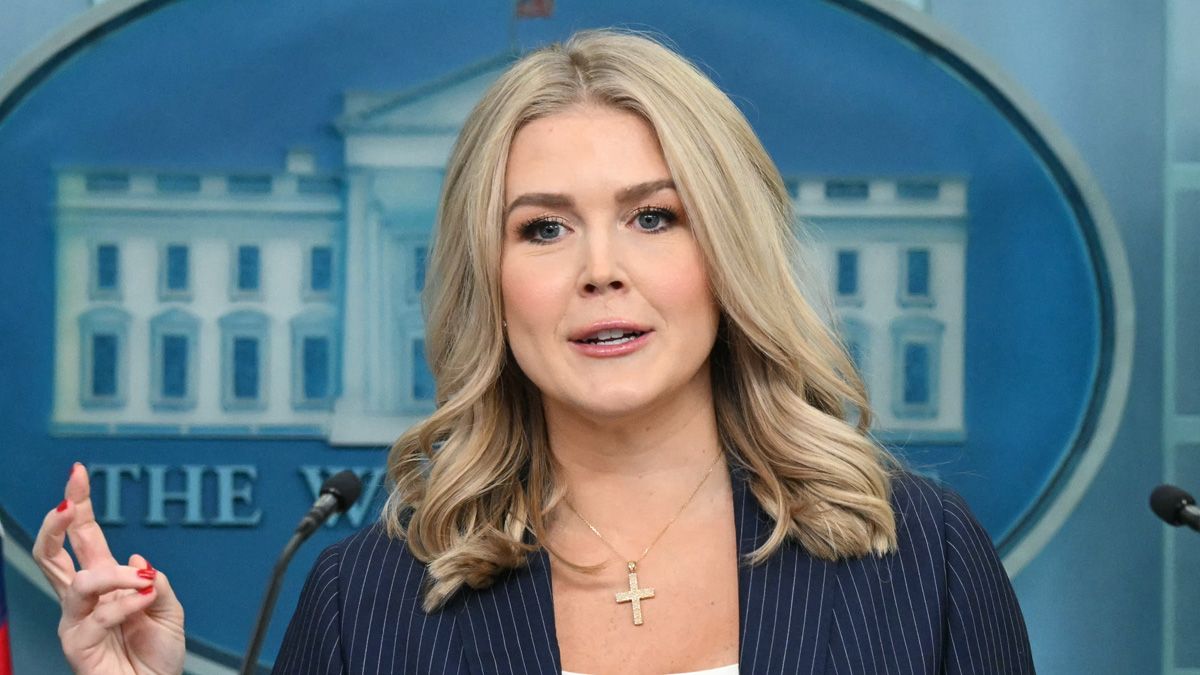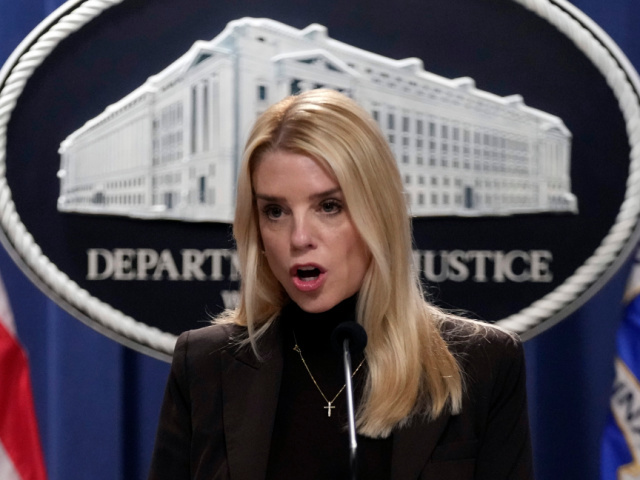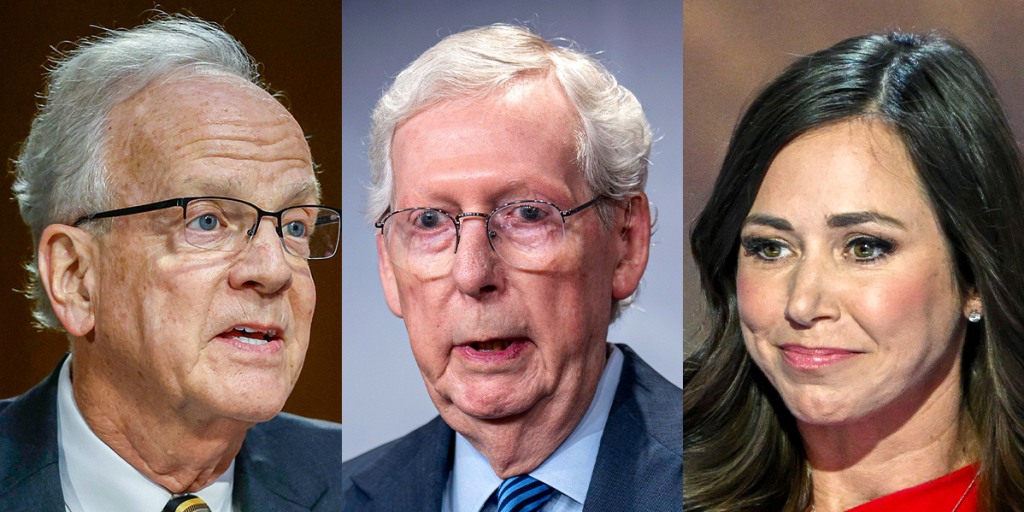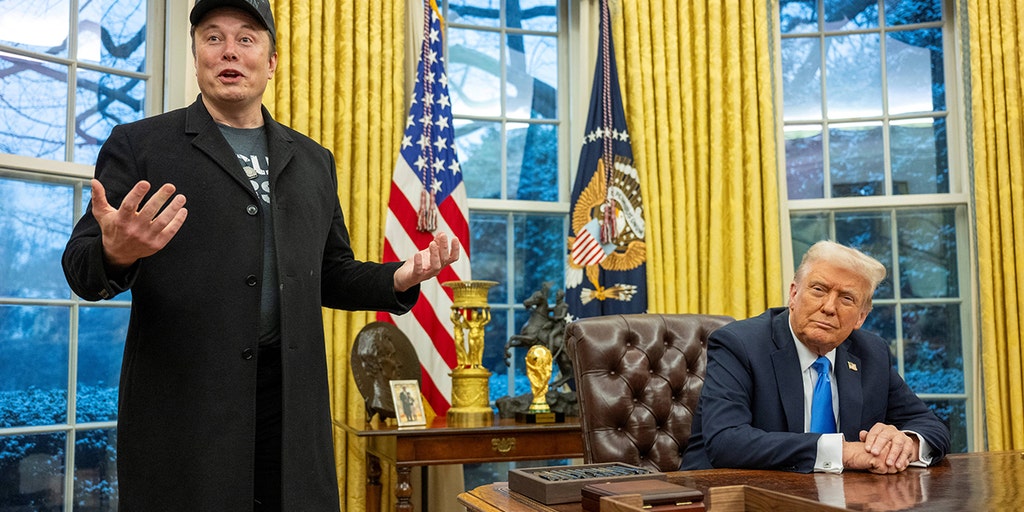White House asserts right to penalize AP for Gulf naming disagreement

The White House claims the authority to penalize AP reporters for not using Trump's name for the Gulf of Mexico, escalating tensions with the media over language and First Amendment rights.
The White House declared on Wednesday that news organizations refusing to adopt President Donald Trump's new designation for the Gulf of Mexico are disseminating "lies" and maintained that it would continue to prohibit Associated Press (AP) journalists from attending presidential events.
President Trump has announced that the international body of water bordering Mexico, the United States, and other nations should be referred to as the Gulf of America. The AP has resolved to continue using Gulf of Mexico in its Stylebook while acknowledging Trump's naming decision, aiming for geographic clarity.
The White House's intention to regulate the terminology utilized by independent media, paired with its threats of punitive consequences, signals a significant escalation in the administration's contentious interactions with news organizations.
During a press briefing, White House Press Secretary Karoline Leavitt stated, "it is a fact that the body of water off the coast of Louisiana is called the Gulf of America, and I'm not sure why news outlets don't want to call it that."
Historically, this body of water has been known as the Gulf of Mexico for centuries and lies partly in areas not governed by the United States.
AP reporters faced prohibitions from attending events in the Oval Office and the White House's Diplomatic Reception Room on Tuesday. Although one AP reporter was allowed into the briefing, they were barred from a later event for the swearing-in of Tulsi Gabbard as national intelligence director.
Julie Pace, AP’s senior vice president and executive editor, expressed her concerns in a letter to White House Chief of Staff Susie Wiles, asserting that "these actions were plainly intended to punish the AP for the content of its speech," emphasizing the First Amendment's protection against government retaliation.
The White House countered that while the AP was permitted in the briefing room, it had the discretion to decide who accesses the Oval Office. Leavitt remarked, "Nobody has the right to go into the Oval Office and ask the president of the United States questions."
In general, a small pool of journalists is allowed to cover White House events, and historically, the AP has been included in this pool during previous administrations.
When questioned about the implications of barring AP reporters, Leavitt noted that the Interior Secretary had officially recorded the name change, claiming, "pretty much every other outlet in this room has recognized that body of water as the Gulf of America."
This situation raised concerns from press advocates, with attorney Floyd Abrams describing the barring of an AP journalist from the Oval Office as a violation of the First Amendment.
The Inter American Press Association strongly condemned the White House's actions as "an act of censorship and intimidation that violates the freedom of the press enshrined in the United States Constitution." President José Roberto Dutriz expressed that such restrictions indicate a disturbing effort to impose official standards on public information, threatening reprisals for noncompliance.
While users of the Google map application in the United States will now encounter the term Gulf of America, the application refers to it as Gulf of Mexico for users in Mexico. Globally, Google lists it as Gulf of Mexico (Gulf of America).
The AP's decision carries significant weight, as numerous news outlets rely on its guidelines for consistent terminology.
Some larger news organizations have outlined their stances: The New York Times will continue to use Gulf of Mexico while acknowledging Trump's renaming in relevant discussions, while The Washington Post will predominantly refer to it as Gulf of Mexico to avoid global reader confusion. Conversely, Fox News plans to refer to it as Gulf of America starting Sunday.
Additionally, Trump has mandated the return to the name Mount McKinley for the tallest mountain in the U.S., reversing President Barack Obama's renaming of the peak to its Indigenous title, Denali.



















